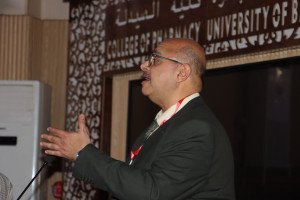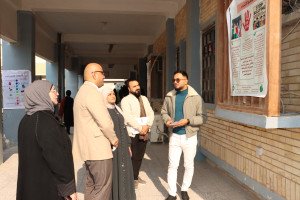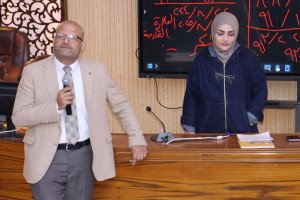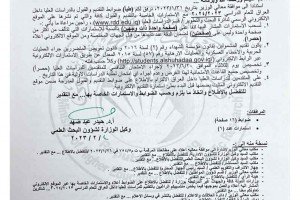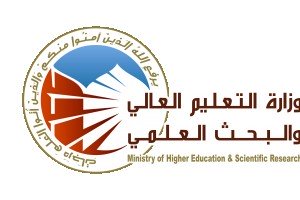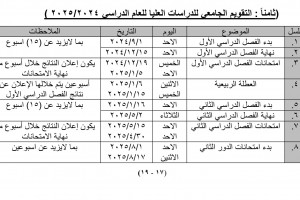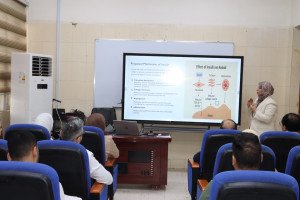
The Department of Pharmacology and Toxicology at the College of Pharmacy at the University of Basrah organized a panel discussion on the classical renin-angiotensin system with the cardiovascular system as a network of hormones with the participation of researchers and specialists.
The panel discussion included a lecture by lecturer Dr. Ban Majid explained in which that angiotensin 2 is the main hormone. However, it is no longer seen through the classical point of view, instead a new perception has seemed interesting in recent years due to several discoveries, the most important of which is that bioactive angiotensin peptides are not only generated in the systemic circulation but also as local hormones in many tissues and organs. Furthermore, new peptide hormones have been identified including: Angiotensin III (AngIII), angiotensin IV (AngIV) and Ang (1–7), Ang (1–9), AngA, .alamandine
In addition, the components of RAS have a role in normal tissue functions and any disorder in these components can contribute to carcinogenesis, as the axis (ACE-2/Ang 1-7/MASR) was found to be prominent in normal cases while (ACE/Ang II/AT1R) in cancerous cases. Studies have also shown that RAS Contributes to almost all the characteristic of cancer generation including the surrounding environment of the tumor.
This multi-objective system of RAS has provided the possibility of its application in the treatment of cancer. Increasing studies have described the potential role of angiotensin-converting enzyme (ACEs) inhibitors and angiotensin 2 type I receptor blockers (ARBs) as chemoprotective, adjuvant and/or even anti-cancer agents. As well as in reducing the side effects associated with chemotherapy such as cardiac toxicity, their ability to improve Delivery of oncological drugs has also been studied.


